Intro
Nipple soreness is a common complaint that can affect individuals of all ages and backgrounds. It can be a source of discomfort, anxiety, and even pain, making it essential to understand the reasons behind this issue. Nipple soreness can be caused by a variety of factors, ranging from hormonal changes to physical irritation, and even underlying medical conditions. In this article, we will delve into the world of nipple soreness, exploring the possible causes, symptoms, and treatment options available.
The human nipple is a sensitive area, rich in nerve endings and blood vessels, making it prone to irritation and discomfort. Nipple soreness can manifest in different ways, including pain, tenderness, redness, and swelling. It can be a recurring problem or a one-time issue, depending on the underlying cause. Understanding the reasons behind nipple soreness is crucial for effective management and treatment.
Nipple soreness can be a source of concern for individuals, particularly during pregnancy, breastfeeding, or menstruation. Hormonal fluctuations during these periods can lead to breast tenderness, nipple soreness, and other related symptoms. However, nipple soreness can also be caused by external factors, such as friction, pressure, or trauma to the nipple area. In some cases, underlying medical conditions, like eczema, psoriasis, or breast cancer, can also contribute to nipple soreness.
Causes of Nipple Soreness
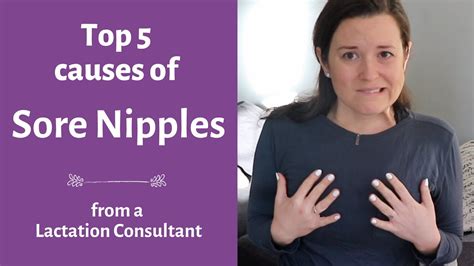
Nipple soreness can be attributed to a variety of causes, including hormonal changes, physical irritation, and underlying medical conditions. Some of the most common causes of nipple soreness include:
- Hormonal fluctuations during pregnancy, breastfeeding, or menstruation
- Friction or pressure on the nipple area, caused by tight clothing, sports equipment, or other external factors
- Trauma or injury to the nipple area, such as nipple piercing or breast surgery
- Underlying medical conditions, like eczema, psoriasis, or breast cancer
- Infections, such as mastitis or thrush, which can cause nipple soreness and other symptoms
Physical Irritation
Physical irritation is a common cause of nipple soreness, particularly in individuals who engage in sports or activities that involve friction or pressure on the nipple area. Tight clothing, sports equipment, or other external factors can cause nipple soreness, making it essential to take preventive measures, such as wearing comfortable clothing or using protective gear.Symptoms of Nipple Soreness
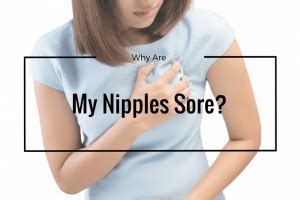
The symptoms of nipple soreness can vary depending on the underlying cause. Some common symptoms include:
- Pain or tenderness in the nipple area
- Redness or swelling of the nipple
- Discharge or bleeding from the nipple
- Itching or burning sensation in the nipple area
- Difficulty breastfeeding or nipple soreness during pregnancy
Hormonal Changes
Hormonal changes during pregnancy, breastfeeding, or menstruation can cause nipple soreness, making it essential to understand the role of hormones in nipple health. Hormonal fluctuations can lead to breast tenderness, nipple soreness, and other related symptoms, which can be managed with proper care and attention.Treatment Options for Nipple Soreness
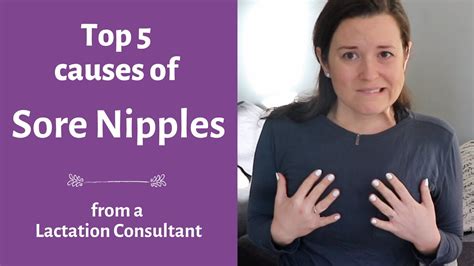
Treatment options for nipple soreness depend on the underlying cause and can range from self-care measures to medical interventions. Some common treatment options include:
- Applying warm compresses or cold packs to the affected area
- Using topical creams or ointments to reduce pain and inflammation
- Taking pain relief medication, such as acetaminophen or ibuprofen
- Practicing good hygiene and keeping the nipple area clean and dry
- Avoiding irritants or allergens that can exacerbate nipple soreness
Self-Care Measures
Self-care measures can play a crucial role in managing nipple soreness, particularly during pregnancy, breastfeeding, or menstruation. Practicing good hygiene, wearing comfortable clothing, and avoiding irritants or allergens can help reduce nipple soreness and prevent future episodes.Prevention of Nipple Soreness
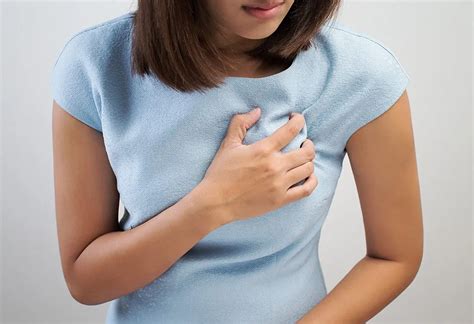
Preventing nipple soreness is essential, particularly for individuals who are prone to this issue. Some preventive measures include:
- Wearing comfortable clothing and avoiding tight or constricting garments
- Practicing good hygiene and keeping the nipple area clean and dry
- Avoiding irritants or allergens that can exacerbate nipple soreness
- Using protective gear or padding during sports or activities that involve friction or pressure on the nipple area
- Managing hormonal fluctuations during pregnancy, breastfeeding, or menstruation
Breastfeeding and Nipple Soreness
Breastfeeding can be a challenging experience, particularly for new mothers. Nipple soreness is a common complaint during breastfeeding, making it essential to understand the causes and treatment options available. Proper latching, frequent feeding, and good nipple care can help reduce nipple soreness and promote a positive breastfeeding experience.Underlying Medical Conditions
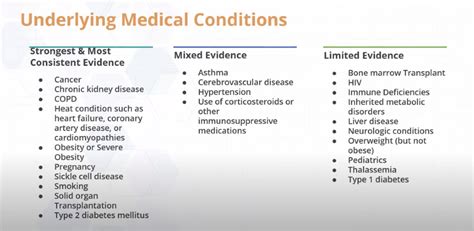
Underlying medical conditions can contribute to nipple soreness, making it essential to seek medical attention if symptoms persist or worsen over time. Some underlying medical conditions that can cause nipple soreness include:
- Eczema or psoriasis, which can cause skin irritation and inflammation
- Breast cancer, which can cause nipple soreness, discharge, or other symptoms
- Mastitis or thrush, which can cause nipple soreness, redness, and swelling
- Other underlying medical conditions, such as hypothyroidism or hyperthyroidism, which can affect nipple health
Seeking Medical Attention
Seeking medical attention is essential if symptoms of nipple soreness persist or worsen over time. A healthcare provider can diagnose the underlying cause of nipple soreness and provide effective treatment options. Early diagnosis and treatment can help prevent complications and promote overall health and well-being.Conclusion and Final Thoughts

In conclusion, nipple soreness is a common complaint that can affect individuals of all ages and backgrounds. Understanding the causes, symptoms, and treatment options available is essential for effective management and prevention. By practicing self-care measures, seeking medical attention when necessary, and being aware of underlying medical conditions, individuals can promote overall health and well-being.
What are the common causes of nipple soreness?
+Nipple soreness can be caused by hormonal changes, physical irritation, and underlying medical conditions, such as eczema, psoriasis, or breast cancer.
How can I prevent nipple soreness during breastfeeding?
+Proper latching, frequent feeding, and good nipple care can help reduce nipple soreness and promote a positive breastfeeding experience.
What are the symptoms of nipple soreness?
+The symptoms of nipple soreness can include pain or tenderness in the nipple area, redness or swelling of the nipple, discharge or bleeding from the nipple, and itching or burning sensation in the nipple area.
We hope this article has provided you with valuable insights into the world of nipple soreness. If you have any further questions or concerns, please do not hesitate to comment below. Share this article with your friends and family to help raise awareness about nipple soreness and its management. Remember to prioritize your health and well-being by seeking medical attention if symptoms persist or worsen over time.
